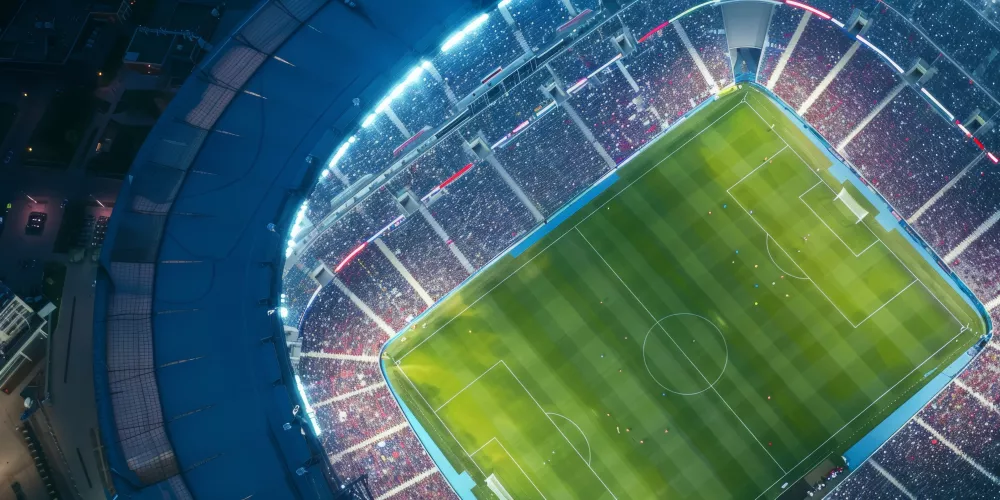In a somber moment for Spanish soccer, the nation bids farewell to one of its most beloved figures, Manuel Cáceres Artesero, affectionately known as Manolo 'el del Bombo'. The iconic superfan, whose steady drumbeats have been a rallying cry for Spain's national team for decades, passed away at the age of 76.
A Legacy Behind the Drum
For over four decades, Manolo's presence was a constant at major soccer tournaments, from World Cups to European Championships. His unwavering support and infectious enthusiasm made him a symbol of Spanish soccer fandom. Manolo first gained notoriety during the 1982 FIFA World Cup held in Spain, where his drumbeats echoed through stadiums, galvanizing fans and players alike.
- Born in 1947 in Ciudad Real, Manolo's love for soccer and Spain's national team was unmatched.
- He traveled tirelessly, often at his own expense, to support 'La Roja' across the globe.
Impact on Fans and the Team
Manolo's influence extended beyond the stands. His dedication and passion inspired generations of fans, turning stadiums into cauldrons of noise and enthusiasm. His drum became a beacon, rallying the Spanish team during crucial matches.
Spain's national team players frequently acknowledged Manolo's contributions, noting that his presence in the stands provided an emotional lift. His drumming became synonymous with the spirit of Spanish soccer, a heartbeat that fans came to expect at every match.
A Nation in Mourning
The news of Manolo's passing has resonated deeply within the soccer community. Tributes have poured in from fans, players, and officials, all honoring the legacy of a man who dedicated his life to the beautiful game. Spain's soccer federation has announced plans to honor Manolo in upcoming matches, ensuring his memory continues to inspire future generations.
As Spain prepares for its next set of international fixtures, the absence of Manolo 'el del Bombo' will be keenly felt. Yet, his legacy will live on, echoing through the chants and cheers of all those who gather to support 'La Roja'.
Read Full Article Here





